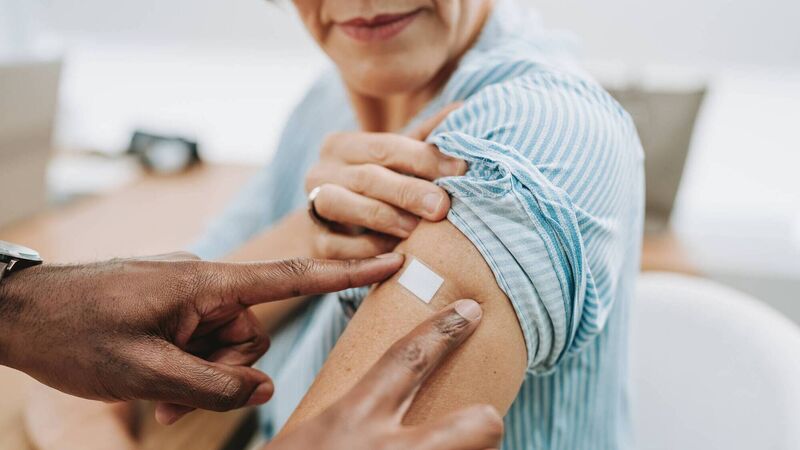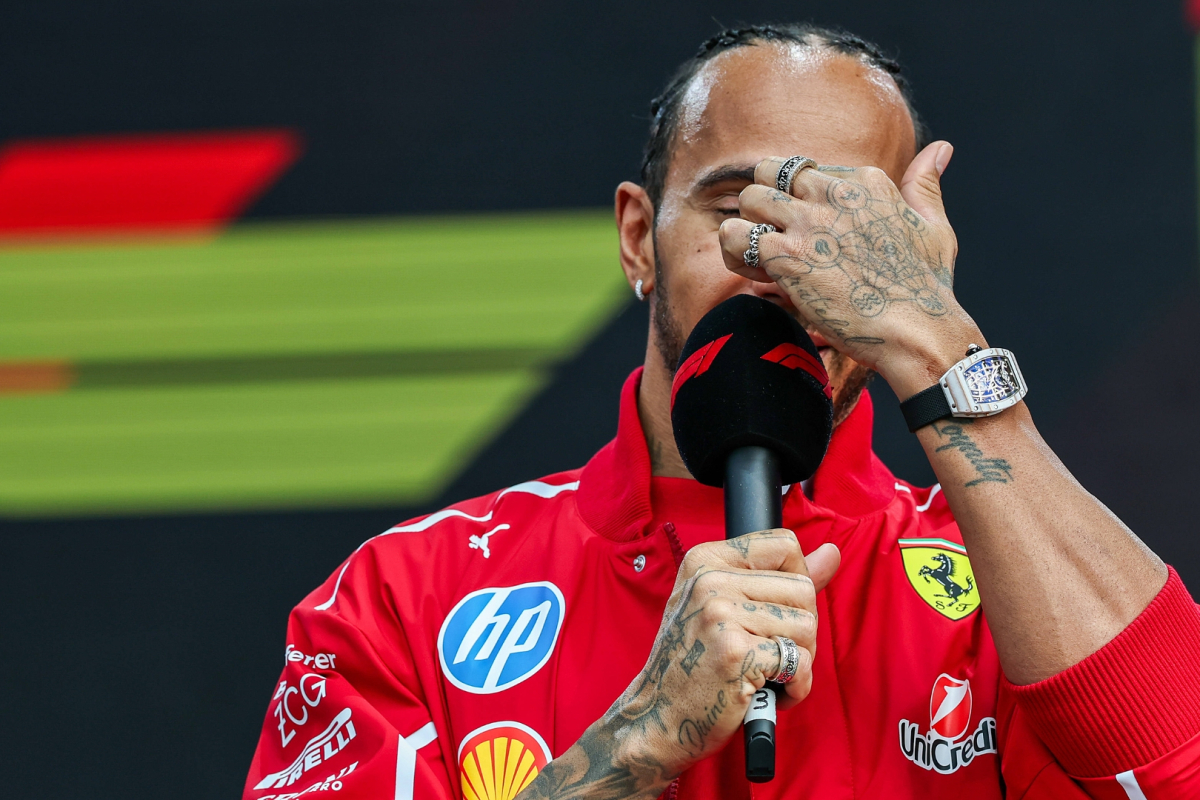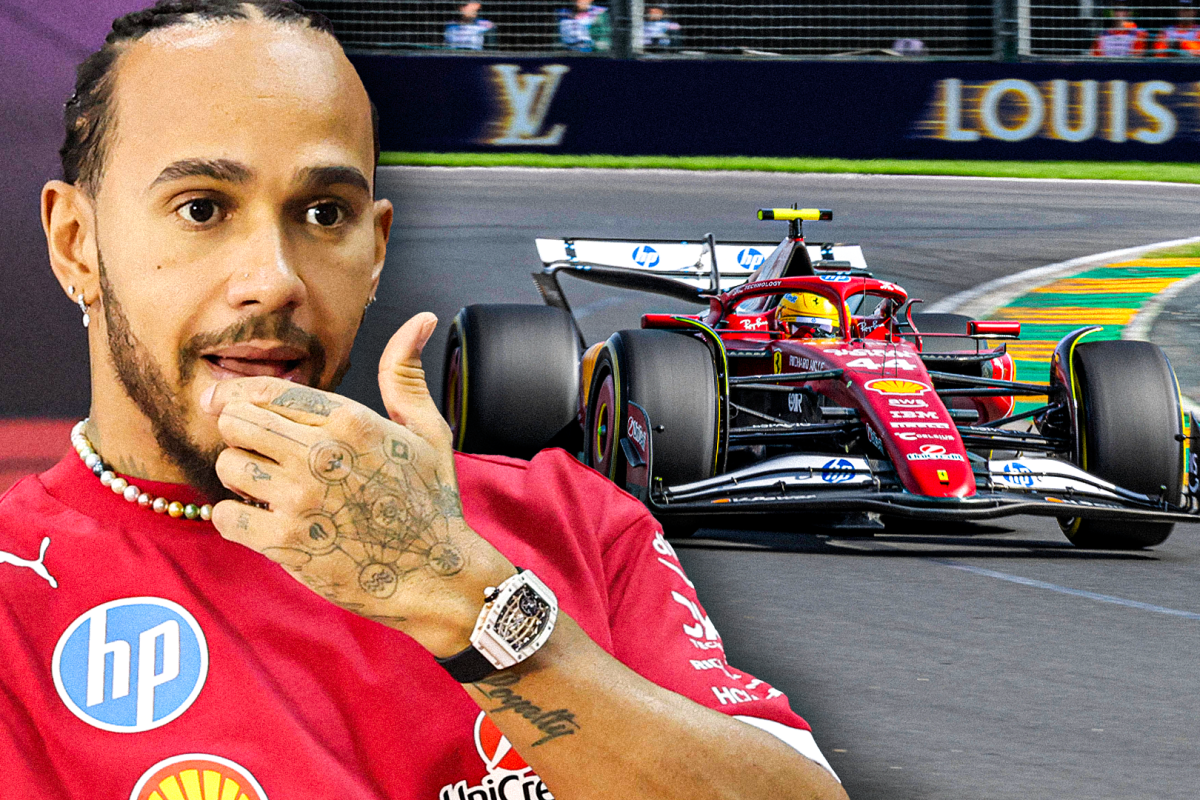Cork GP: Challenge to maintain level of trust in vaccines in fa… Read more
A recent international survey by the Worldwide Independent Network of Market Research (WIN MR) reveals that while Ireland maintains a relatively high level of trust in vaccines compared to many other nations, significant challenges remain—particularly due to misinformation and conspiracy theories circulating online. The survey, conducted across 38 countries including Ireland, shows that 20% of Irish respondents would decline traditional vaccines, and 25% would reject mRNA vaccines.
Despite this, vaccine acceptance in Ireland still surpasses global averages. Polling company RedC Research surveyed 1,000 Irish adults, finding that 73% are open to taking traditional vaccines—higher than the 68% global average. When it comes to mRNA vaccines, which gained prominence during the COVID-19 pandemic, 67% of Irish respondents said they would be willing to take one. This compares to just 60% both in Europe and worldwide. Acceptance rates in Ireland are particularly high among individuals with third-level education (71%) and those in higher socio-economic groups (75%).
Dr. John Sheehan, a general practitioner in Blackpool and Fianna Fáil councillor, welcomed Ireland’s comparatively strong trust in vaccines. He attributed this in part to the fact that vaccines have not become a political issue in Ireland, unlike in countries such as the United States. He also noted that trust is a vital factor in vaccine acceptance, and observed that some immigrants from Eastern Europe and former Soviet states tend to be more skeptical of vaccines and government health campaigns.
Dr. Sheehan emphasized the importance of maintaining public trust in vaccines, particularly in light of the growing influence of conspiracy theories on social media. He pointed out that the public’s fading memory of serious infectious diseases could lead to complacency. For example, he recalled only one case of measles in his practice over the past two decades, attributing this improvement in public health to widespread vaccination.
He reminded the public of past epidemics, such as the polio outbreak in Cork in the 1950s, and noted that some of his patients still suffer from its long-term effects. Vaccines, he stressed, have dramatically improved children’s health in Ireland since 2010 and continue to play a crucial role in protecting not only individuals but also vulnerable groups who rely on herd immunity.
John Rogers, associate director at RedC Research, added that while the results are generally positive—possibly due to Ireland’s high levels of education—there is still concern over lower vaccine acceptance among parents. This is particularly troubling given the volume of vaccine misinformation targeting children’s health online.




